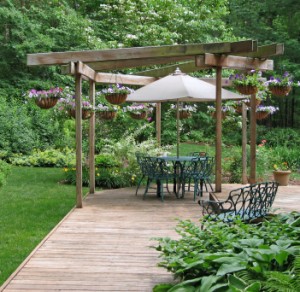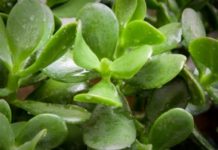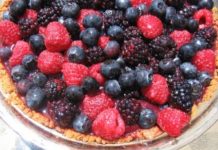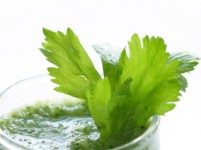
 Mosquito-borne diseases like malaria and West Nyle-like virus are no joke. Finding effective repellents is critical for prevention of such illnesses.
Mosquito-borne diseases like malaria and West Nyle-like virus are no joke. Finding effective repellents is critical for prevention of such illnesses.
I was recently visiting a high malaria risk area in Cambodia. As a result I felt I needed to take the best proven mosquito repellent available, and with a twist: it also had to be nontoxic! DEET, the commonly recommended pesticide by pediatricians, is also neurotoxic. I needed something for me and my traveling companions that was proven to work as well as DEET.
Buzz Away Extreme
Happily, I found such a product in Buzz Away Extreme. It is rated as the most effective natural insect repellent by the Good Housekeeping Institute and Canada’s University of Guelph. Buzz Away is formulated with citronella, cedarwood, eucalyptus, emongrass and peppermint. Numerous studies have found found it to be as effective or better than DEET-based products.
I bought Buzz Away Extreme for my companions and me, we used it, and we didn’t get any mosquito bites. The smell will forever remind me of the jungles around Angor Wat, as we sprayed our clothes every four hours when we were there! Note that the product is also shown to work to repel ticks.
Repellent Essential Oils
Because I was traveling with others I wanted a safe spray and didn’t want to impose my DIY formulas on them. There are, however, a large number of very repellent essential oils. General herbs to repel mosquitoes include basil, eucalyptus, cloves, geranium, peppermint, rosemary, lemon balm (citronella), neem, onions, garlic, and feverfew.
More About Neem
A 1995 study at a field station the Malaria Research Centre in Ranipur, Hardwar, India, tested a mix of 2 percent neem oil mixed in coconut oil. They showed that applying that mixture to the skin provided significant protection from various mosquitoes. It worked best against anophelines (malaria-carrying mosquitoes fall into this group), offering 96-100 percent protection.
Mosquito Repellent Oil DIY
For casual mosquito contact I am always happy with this DIY formula, using my favorite of the repellent essential oils.
10 drops essential oil (see list of herbs, above, for choices)
2 tablespoons vegetable oil (coconut oil is a good choice, too)
Combine the ingredients in a glass jar; stir to blend. Dab a few drops on your skin or clothing.
Note: Pregnant women should consult with their doctor before using essential oils.
The Outdoor Environment
Standing water is a breeding ground for mosquitoes. According to expert William Olkowski of the Bio Integral Resource Center, the “chances are very good that the pests are being produced within a few yards of where you are bitten.” Flower pots, old tires, roof gutters, jars, pet dishes, bird houses, plastic weed coverings in gardens — any place with still, standing water is conducive to mosquito hatchings. The water should be removed from all of these places.
Marigold plants work nicely outdoors as repellents and are great for patios.
Mosquitoes also don’t like smoke. Buy petroleum-free outdoor lamps and citronella candles, burn neem incense, and add neem oil to citronella lamps.
Mosquito Dunks
An over-the-counter product called “Mosquito Dunks” is recommended as a least-toxic material for outdoor mosquito control by Erik Kiviat, Science Director of Hudsonia, an ecological research and consulting institute at Bard College, who has worked with health departments concerned with West Nile-like virus in New York state.
The dunks are safe for birdbaths, rain barrels, ponds, ditches, tree holes, roof gutters, unused swimming pools — anywhere water collects. Available in hardware stores, Agway, and some catalogs such as Real Goods, the dunks are Bacillus thuringiensis israelensis (Bti), a bacterial mosquito larvicide. Bti is effective in waters that do not have high organic matter levels. Its effects are limited to mosquitoes, blackflies, and some other related species of flies with aquatic larvae.
Bti may be allergenic to some people and should be handled with gloves and the dust not inhaled. Frequent repeated use in wetlands or streams is not recommended.
By Annie B. Bond, best-selling and award-winning author of five green living books, thousands of blogs, and all the tips in the Greenify Everything app. Called “The Godmother of Green” by Martha Stewart Sirius Radio.




[…] Mosquitoes – Fixes For Body, Mind & Yard | Green Chi Cafe […]
We bought BTi on-line from http://www.aquabarrel.com/product_mosquito_control.php
Comments are closed.